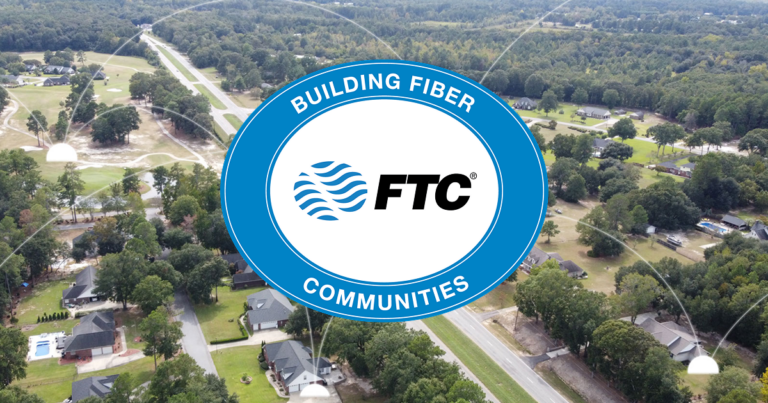In the modern educational world, students’ primary learning tools go well beyond the pencils, paper, chalk and chalkboards that powered most classroom instruction in the past. And one educational tool, in particular, has become a go-to resource inside the classroom, at home and in a broad range of other off-campus learning locations: the laptop computer.
Built to support learning and schoolwork on the go, a laptop enables students to easily access a world of digital learning resources via the internet. It can also help students perform school-related research from nearly anywhere with an internet connection. Among the many other benefits a laptop can provide, it can help students keep their notes, research and homework safely stored in one place plus freely communicate with classmates and instructors no matter where they might be.
What Is A Good Laptop For A High School or College Student?
All laptops are not built equally. To ensure that their children have the digital tools they need to support their educational efforts, parents should consider choosing a laptop that meets school and course requirements, has the processing power and memory needed to run needed applications, has a screen large enough for multi-window use, and has enough disc storage and battery power to get their work done and save it for later. Before you start shopping, understand your student’s needs:
- Does the school/course require certain laptop specifications? First and foremost, many schools and classes have specific requirements for students’ laptops. Before making a purchase, parents should check with the school and/or teacher to see what requirements their student’s computer must meet, as well as to see whether specific laptop models are recommended. In addition, the school might have discounts available for the purchase of certain makes and models of laptops, helping to simplify the equipment choice.
- How much RAM and how powerful of a processor should I get for a student laptop? : Especially when computers will be regularly used for demanding applications such as design work and video editing, power and speed are crucial. Alternatively, when a laptop will most often be used for purposes that put less strain on the device such as writing, web surfing and emails, high levels of processing power and speed are not as important. To ensure the right fit, laptop buyers should carefully consider all the ways the student will be employing the device. Then they should seek out a device with sufficient (and for future-proofing purposes, perhaps even slightly excessive) levels of processing power, RAM and other performance-critical hardware. In most cases, 8GB of RAM is more than enough memory for most students, unless they’re running video or other memory-intensive apps.
- Should a student laptop be durable? Especially when buying a device for a younger student such as a grade-schooler, finding one that can withstand the rigors of student transport and rough use is critical. Options to consider here include a spill-resistant keyboard, a solid-state drive (SSD), which features fewer moving parts than a typical hard drive, and a high-end laptop case made to help the computer withstand bumps and drops. And especially for buyers who anticipate particularly rough usage of the device being purchased, a rugged laptop that has been built to survive harsh treatment might be a good option.
- What size laptop screen is best for students? : Particularly for students who anticipate regular viewing of educational videos and frequent participation in school-related videoconferences, a larger screen size can deliver significant visibility benefits. But laptops with larger screens also tend to come with larger, more bulky bodies, making them more challenging to transport. To find the right balance, buyers should carefully consider how often the larger screen will be needed versus how much weight the larger laptop will add to the student’s backpack. For students, a 14” laptop is ideal as a balance between working screen space and its ability to stow away easily.
In addition, screens with full HD resolution (1080p or higher) offer a better viewing experience. And for students who grew up using tablets and smartphones, a hybrid laptop/tablet with touchscreen capabilities can deliver a more natural fit and offer added capabilities and efficiency.
- How much storage does a student need on a laptop?: Buyers can save money in the short term by purchasing a laptop with lower levels of internal storage space, such as one with a 32G or 64G hard drive. But for students who are regularly saving larger files, it can quickly run out of available storage capacity. To avoid a space shortage, consumers should consider a model with 128G or more of storage space or opt for a model with a built-in SD card reader or another available option for adding storage.
- How long should a student laptop battery last? When a student is using a laptop in the classroom and on the go, outlets for charging can be hard to come by. But by seeking out a model with long battery life and quick charging capabilities, a user can ensure that his or her device is able to charge quickly and last throughout the day. To keep the schoolwork on track for extended periods and avoid the dreaded low-power notifications, buyers should seek out a model that offers 10-plus hours of battery life on a single charge.
What Is The Best Laptop For Students
With each hardware element considered the best laptop for students should have at least:
- 14” or 15” 1080p or higher screen
- 1GHz Processor (minimum to run Windows 11)
- 8GB of RAM
- 128G Storage (preferably an SSD)
10-hour battery
Whether your student is participating in video calls with classmates and/or teachers, watching educational videos or downloading files needed to complete homework assignments, upgrading your home’s internet speed can greatly improve the online educational experience. And FTC offers internet speeds up to a Gigabit — some of the fastest around — to residences and businesses in our fiber areas.
To learn more about FTC’s internet offerings, visit ftc.net, then call 888-218-5050 to upgrade your connection today! And for help determining what kind of internet speeds your connected home needs, check out our handy and easy-to-use internet speed calculator!




